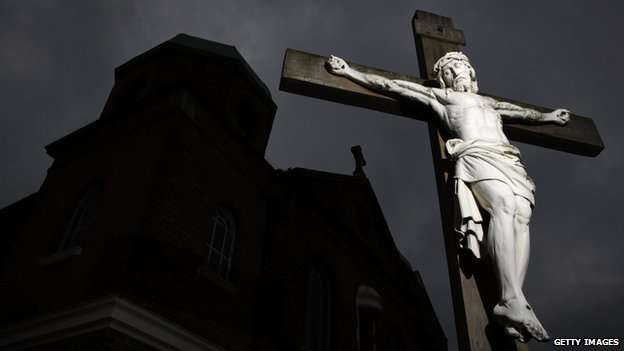In recent years, the quiet resilience of Pakistan’s Christian community has been met with growing hostility. Among the most vulnerable are those who dare to plant new churches—places meant to be sanctuaries of faith and hope, but which too often become flashpoints of persecution.
The latest heartbreak comes from Essa Nagri Christian Colony, Jaranwala, where the Outreach Church of Jesus was forcibly shut down after enduring months of threats and intimidation from extremist elements. The small congregation, founded just a year and a half ago by Pastor Zahid Sarfraz, had faced relentless pressure since its earliest days.
According to Pastor Zahid, two local men—Haji Waqas and Muhammad Babar—spearheaded efforts to drive the church out of the community. Their harassment began with verbal threats and soon escalated to police involvement, culminating in the forced closure of the church. What began as intimidation has now evolved into a campaign to erase the church’s very presence.
After the closure, the extremists reportedly demanded that the cross be removed from the church building—a devastating assault on the most sacred symbol of the Christian faith. Yet, perhaps even more painful for Pastor Zahid was discovering that some fellow Christian pastors had joined the campaign against him. Motivated by jealousy and rivalry, they allegedly aligned themselves with local extremists in a jirga (tribal council), endorsing the church’s closure and the removal of its cross.
This betrayal from within has left deep emotional scars. Pastor Zahid speaks not only of personal grief but also of the suffering his congregation now endures. Some members, identified as part of the church, have reportedly been forced from their homes by landlords unwilling to shelter Christians under pressure from extremists.
The echoes of Jaranwala’s tragedy in 2023—when false blasphemy accusations sparked mob violence that razed churches and Christian homes—still haunt the nation’s conscience. The persecution faced by Pastor Zahid and his congregation feels like a continuation of that dark chapter.
Behind the statistics and statements lies a deeper story: the slow silencing of faith. For Christians in Pakistan, who make up less than 2% of the population, the right to gather, worship, and build churches is becoming increasingly fragile. Church planting, once a symbol of spiritual growth, has become an act of courage—a public declaration of belief that risks provoking violence.
The involvement of police in closing down a place of worship adds another layer of injustice. When the state’s instruments of power are used not to protect, but to suppress, the message to minority communities is chilling: your faith has no safe space here.
What makes this situation particularly tragic is the erosion of unity within the Christian community itself. Pastor Zahid’s story is a reminder that persecution does not only come from outside. Envy and division within the church weaken its witness and make it more vulnerable to external attacks.
The call now is for conscience—both within Pakistan and beyond its borders. The government must uphold its constitutional promises of religious freedom and equality before the law. International human rights bodies must not turn a blind eye to the quiet dismantling of Pakistan’s Christian spaces.
Faith communities across the world must also remember those who cannot worship freely, who face the loss of their sanctuaries, and who stand firm even as their crosses are torn down.
In the end, the forced closure of the Outreach Church of Jesus is more than an isolated injustice—it is a mirror reflecting a broader crisis of freedom. Unless urgent steps are taken to protect the rights of minorities, to punish those who incite hatred, and to restore trust in the rule of law, Pakistan risks descending into a deeper shadow—one where even the smallest act of faith becomes an act of defiance.
